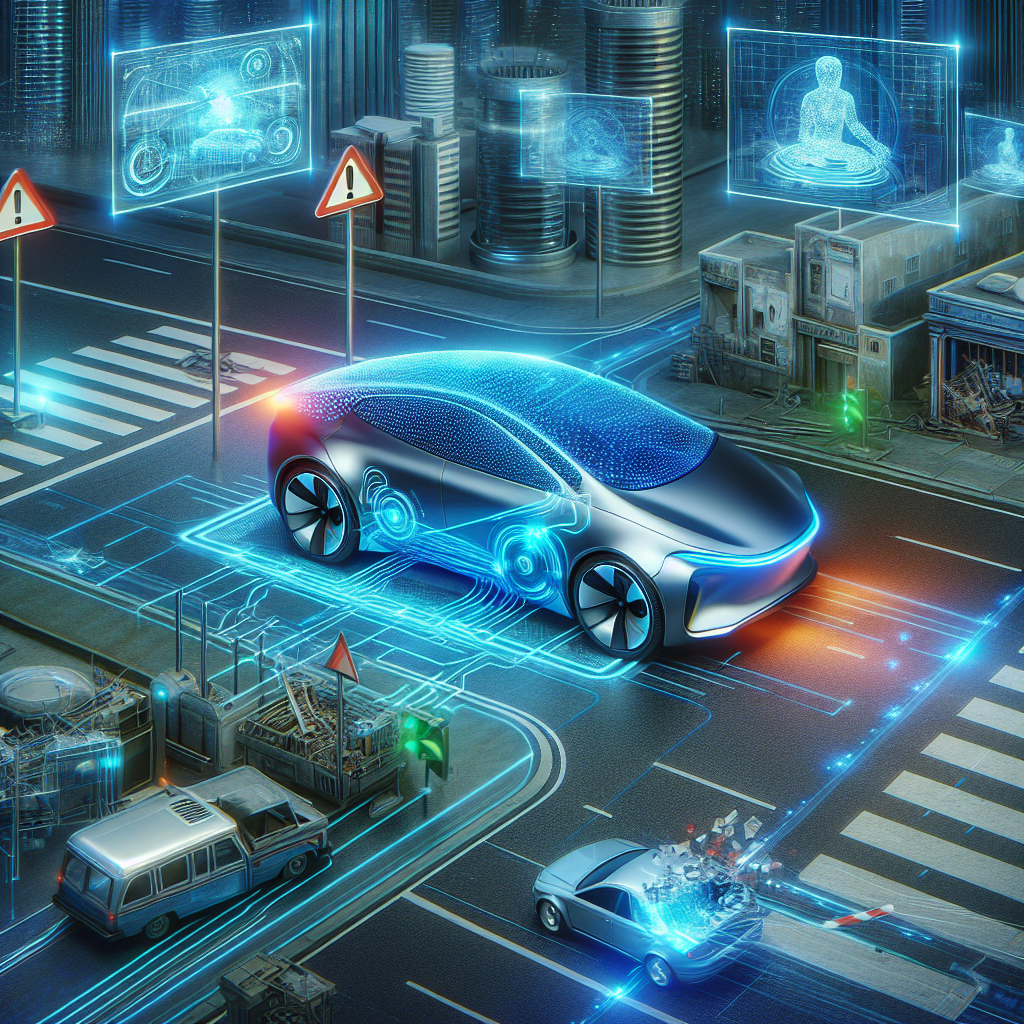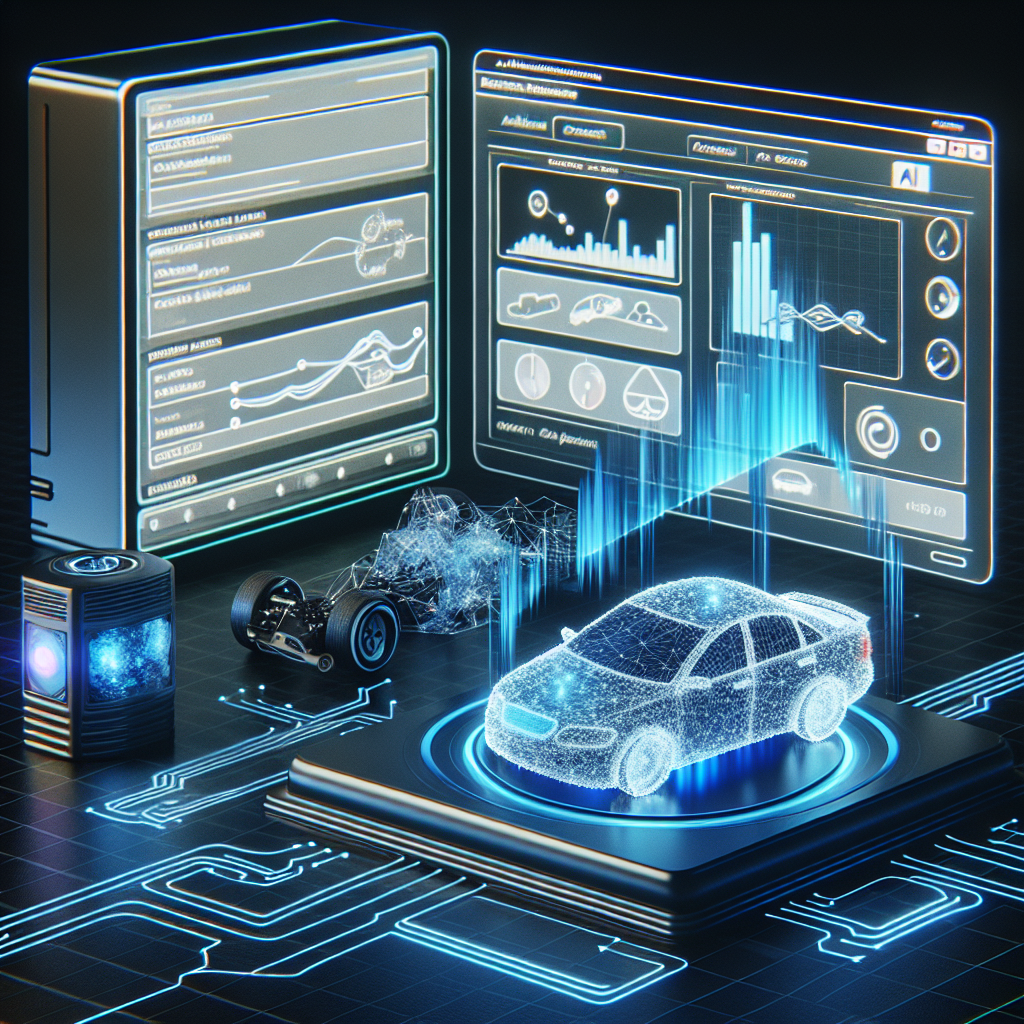Ethical Considerations of AI in Car Accident Prevention

Artificial intelligence (AI) has become an integral part of our lives, revolutionizing various industries, including transportation. In recent years, AI has been increasingly used in car accident prevention systems, aiming to reduce the number of accidents and make our roads safer. However, as with any technological advancement, there are ethical considerations that need to be addressed when it comes to the use of AI in this context.
One of the primary ethical concerns surrounding AI in car accident prevention is the issue of accountability. When accidents occur, who should be held responsible? Should it be the driver, the manufacturer of the AI system, or the AI itself? This raises questions about the legal framework and liability in cases where AI is involved. As AI becomes more sophisticated and autonomous, it becomes challenging to determine who should bear the responsibility for accidents that occur due to AI errors or malfunctions.
Another ethical consideration is the potential for bias in AI algorithms. AI systems are trained using vast amounts of data, and if this data is biased, it can lead to discriminatory outcomes. For example, if an AI system is trained on data that predominantly represents a certain demographic, it may not accurately respond to situations involving individuals from other demographics. This raises concerns about fairness and equal treatment in accident prevention systems that rely on AI.
Privacy is yet another ethical concern when it comes to AI in car accident prevention. AI systems often collect and analyze vast amounts of data, including personal information about drivers and passengers. This raises questions about how this data is stored, used, and protected. There is a need for clear guidelines and regulations to ensure that individuals’ privacy rights are respected and that their personal information is not misused or compromised.
Moreover, the use of AI in car accident prevention raises ethical questions about the potential loss of human control. As AI systems become more advanced, there is a risk of over-reliance on these systems, leading to a decrease in human attentiveness and decision-making. This can have serious consequences, as humans may become complacent and fail to intervene when necessary. Striking the right balance between human control and AI assistance is crucial to ensure the safety of all road users.
Additionally, the deployment of AI in car accident prevention systems raises concerns about job displacement. As AI becomes more capable of performing tasks traditionally done by humans, there is a risk of job loss for individuals working in the transportation industry. This raises ethical questions about the societal impact of AI adoption and the responsibility to provide alternative employment opportunities or retraining programs for those affected.
In conclusion, while AI has the potential to significantly improve car accident prevention and make our roads safer, there are ethical considerations that need to be carefully addressed. Accountability, bias, privacy, loss of human control, and job displacement are among the key ethical concerns associated with the use of AI in this context. It is essential to establish clear guidelines, regulations, and ethical frameworks to ensure that AI is deployed responsibly and ethically, prioritizing the safety and well-being of all individuals on the road. By doing so, we can harness the full potential of AI while minimizing the potential risks and ethical dilemmas it presents.
Should you have any questions or need an attorney, do not hesitate to contact Nguyen & Associates at 702-999-8888. We have a team of legal professionals ready to assist you.



